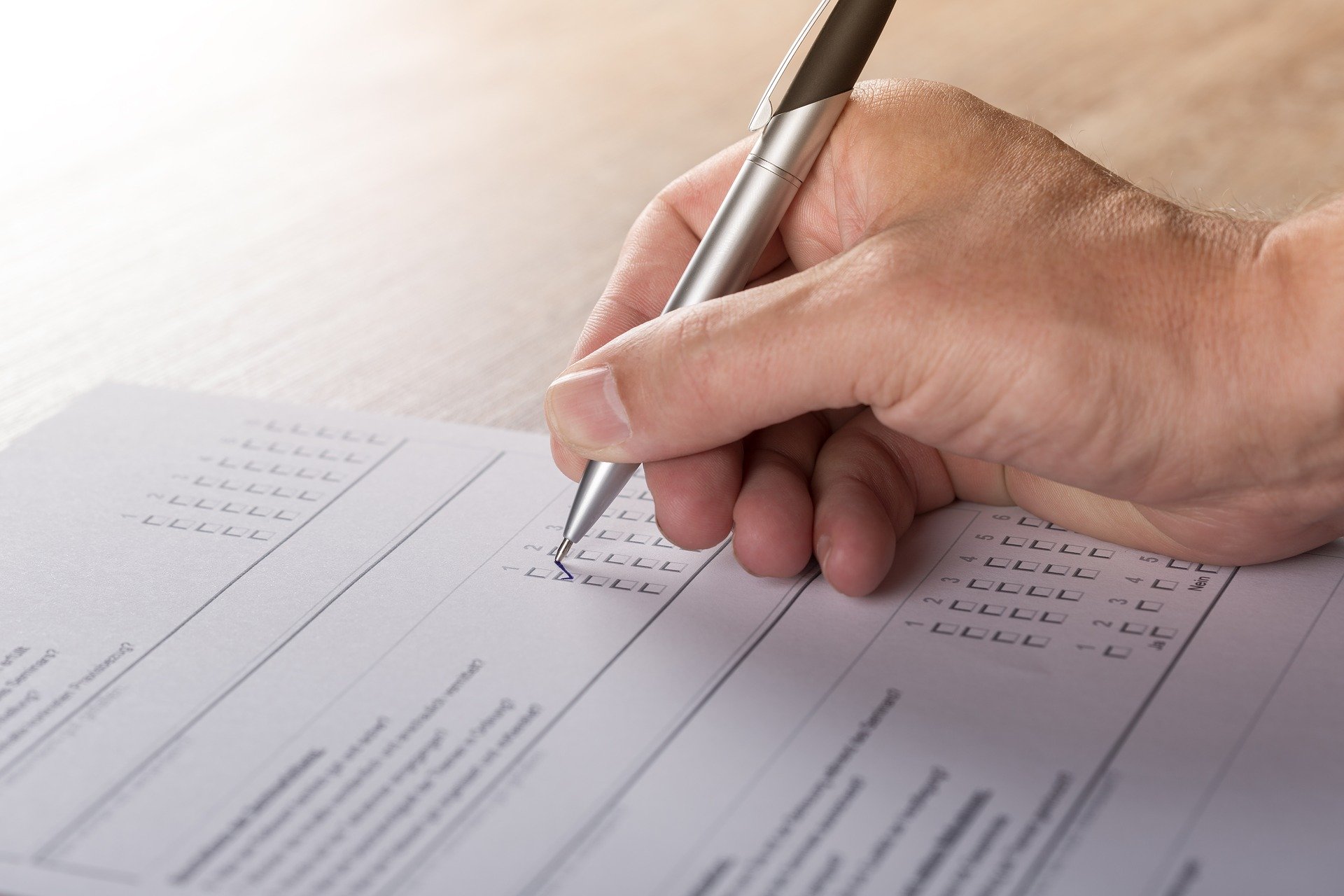Checking up on your students

Checking up on your students
Yoon Hee Bakker has already been picked multiple times for a check-up call after her exams in international business. On some occasions, the examiner was satisfied by only seeing her student card and ID. In other calls, she had to answer questions.
‘They asked, for example, what kind of firm had been described in a particular exam question’, she says. ‘Was it about a beer or wine firm? Were they selling bikes or cars? But when you take the exam, you do not pay much attention to these details, since they do not matter to the calculation you have to make.’
She explained everything as well as she could and that sufficed. But the questions seemed quite stupid to her as the examiners only tested whether she read the exam questions. ‘It’s not like you wouldn’t be able to know the answer if you didn’t do the exam yourself’, she says.
No proper answer
Physics student Ellis de Wit, too, was picked to give her lecturer a call after her exam in electricity and magnetism. She had to talk him through the first exercise and explain how she solved it. ‘It was a question that I hadn’t really understood, so I could not give a proper answer.’ But the very fact that she was unsure seemed to be an indicator that she had not cheated.
All over the university, faculties have taken on the fight against cheating in online exams. Exam times have been reduced. The order of the questions has been fixed so that students cannot consult other students and return to the question. An increasing number of lecturers call students to get a personal impression of whether students have cheated.
No second exam
Maxim Pchenitchnikov, Ellis’ lecturer, makes clear that the call is not a second exam. Failing a question does not have consequences. ‘On some occasions, they gave me the wrong explanation which made it immediately clear to me that they did the question themselves.’
It’s about the way they answer, not what. ‘I usually want to know which question the student found the easiest or hardest on the exam and then the student explains how he tackled that exact question.’
He believes he would detect it if students had communicated with each other in a way that they simply copied and pasted their answers. ‘But if they solve a problem together and perfectly understand what they are doing, then I wouldn’t be able to detect that of course.’
General questions
André de Hoogh, lecturer and member of the board of examiners at the law faculty, hasn’t uncovered cases of fraud either when video-calling students. ‘I’m asking students general questions about the exam questions.’ Then, he compares their answers to the ones they gave on the exam.
It is not fool-proof, he realises: ‘It is still possible that the students we are talking to communicated with others. But it is one of a number of measures which are intended to make it either more difficult to commit fraud or make it less likely that students cheat.’
His colleague Jonida Milaj-Weishaar decided to ask her students very basic questions in her calls: How did you feel about the exam? Did you have enough time? What did you think about the questions?
She also realises that it’s all about perception. She knows that students are a bit stressed after an exam and that they tend to forget what exactly they wrote down. ‘Do I have the feeling the student took the exam himself or not? That is all. After all, we are not investigators.’



